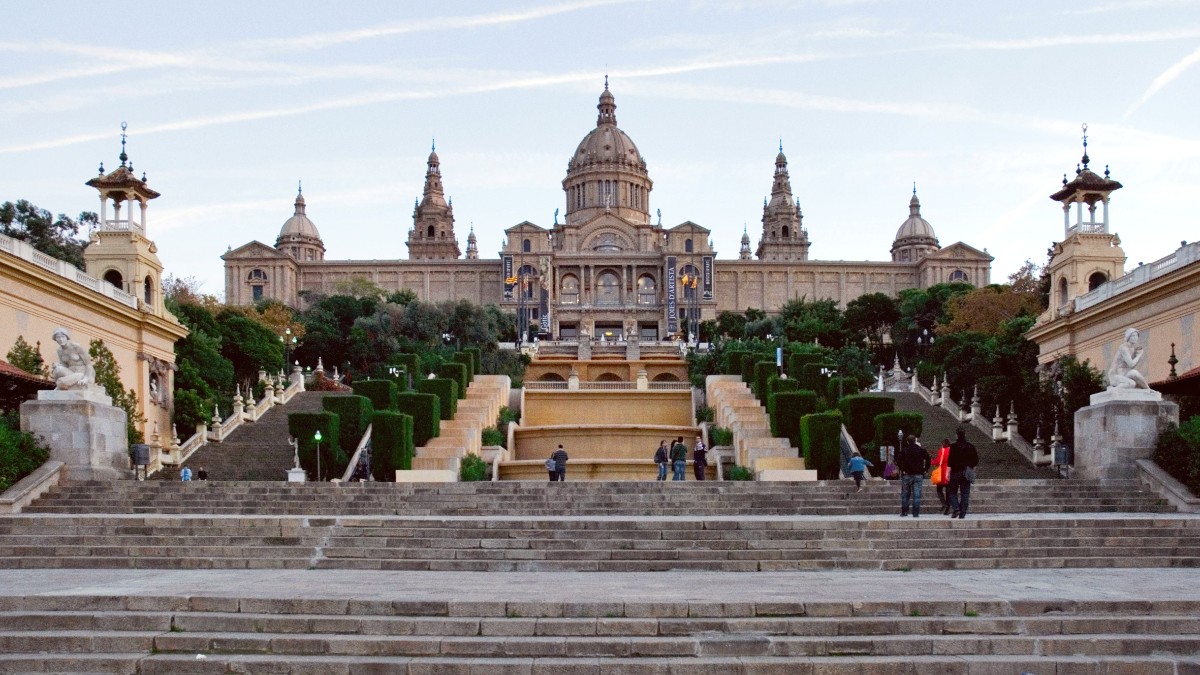
The official currency of Palau is the United States Dollar (USD). This means no need for currency exchange for travelers from the U.S. Or those who use USD. Bring a mix of small and large denominations.
Frugal travelers enjoy Palau by focusing on local experiences and minimizing paid excursions.
Accommodation: $70-$120/night (guesthouses). Meals: $30-$50/day (local eateries, groceries). Transport: $5-$15/day (walking, limited taxis). Activities: $50-$100 (group tours). Total: $155-$285+ / day.
Excludes major diving packages, which significantly increase costs.
Mid-range travelers balance comfort with value, for more structured tours and better dining.
Accommodation: $150-$300/night (mid-range hotels). Meals: $60-$100/day (mixed restaurants). Transport: $20-$40/day (taxis, shuttles). Activities: $150-$300 (daily tours). Total: $380-$640+ / day.
Dedicated diving packages mean an additional $150-$250+ per dive day.
Luxury travel in Palau offers exclusive experiences, premium accommodations, and personalized services.
Accommodation: $350-$800+/night (luxury resorts). Meals: $100-$200+/day (fine dining). Transport: $50-$200+/day (private transfers). Activities: $300-$800+/day (private tours, spa). Total: $800-$2000+ / day.
Exclusive experiences and private arrangements are the main drivers of these higher costs.
| Category | Item | Price Range (USD) |
|---|---|---|
| Accommodations | Budget Hotels/Guesthouses | $70-$120 per night |
| Mid-Range Hotels/Resorts | $150-$300 per night | |
| Luxury Resorts | $350-$800+ per night | |
| Meals | Local Eateries/Food Stalls | $10-$20 per meal |
| Mid-Range Restaurants | $25-$50 per meal | |
| Fine Dining | $50-$100+ per meal | |
| Transportation | Taxis (short rides) | $5-$10 |
| Airport transfer | $20-$30 | |
| Car Rental | $50-$80 per day (excluding fuel) | |
| Boat Tours (group day trip) | $120-$180 (excluding permit fees) | |
| Attractions/Permits | Rock Islands Southern Lagoon Permit | $50-$100 (valid for 10 days) |
| Jellyfish Lake Permit | $50-$100 (additional endorsement) | |
| Peleliu Permit | $10-$20 | |
| Museum Entry | $7-$10 |
Palau’s tropical rainforest climate means warmth and humidity year-round. Pack clothing that handles these conditions effectively.
Lightweight, breathable, and quick-drying fabrics are most important. Materials like cotton, linen, and moisture-wicking synthetics keep you cool and manage perspiration. These fabrics also dry faster after sudden rain showers or if you get wet from water activities.
Palauan society maintains a generally conservative approach to dress. While Swimwear is perfectly acceptable at beaches, resorts, and on tour boats, you cover up with a sarong, shorts, or light clothing in public areas, villages, or religious sites.
These are for walking on rocky beaches, near coral, and for protection against marine hazards like stonefish or sea urchins.
Ideal for general wear, around resorts, and for casual outings. They ventilate in the humid climate.
If exploring Babeldaob's interior or rugged trails, light hiking shoes give better grip and support.
Carefully organize your required documents before departure.
Palau’s tropical environment has specific considerations for your electronic devices.
Capture Palau's beauty with the right camera gear and keep devices powered.
Google Maps (offline), Weather app, Google Translate (offline Palauan/Japanese packs), Airline apps.
Utilize cloud storage for photos and important documents. Consider an External hard drive or large capacity SD cards.
Consider a VPN for secure internet. Check NordVPN or ExpressVPN.
Your personal health and wellness are important. Pack a well-stocked Kit.
Bring personal medications and sun protection.
Bring or rent the right gear for your planned adventures.
For kayaking or paddleboarding, protect your electronics.
For land exploration and staying hydrated.
These items help your comfort, security, and overall travel experience.
Embrace sustainability and local conveniences.
Reduces plastic bottle waste. Great for refilling.
For markets and stores, helps the environment.
Protects marine ecosystems from harmful chemicals.
Avoids single-use plastic cutlery for takeaway.
Consider rolling clothes to maximize space and minimize wrinkles. Use packing cubes for organization.
Place heavier items at the bottom of your luggage. Keep a small bag handy for daily excursions.